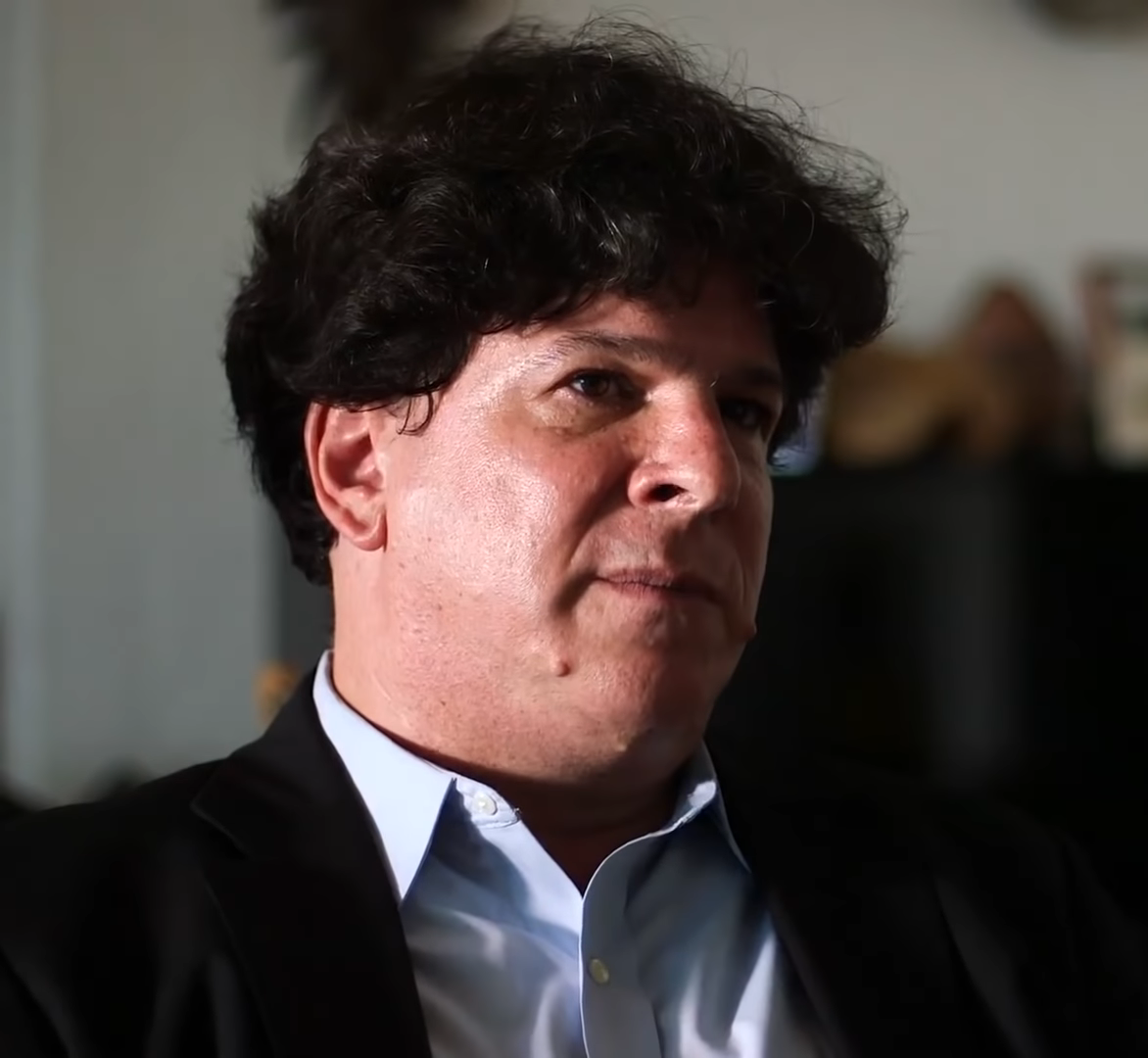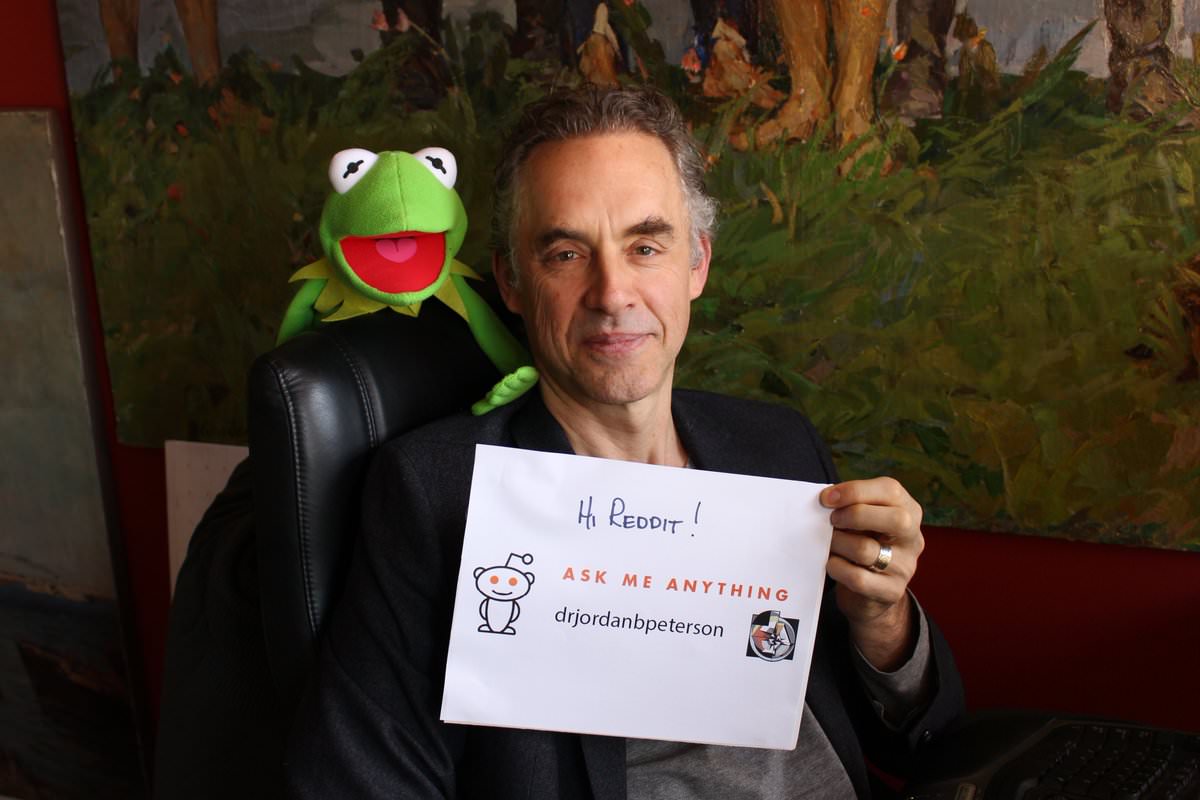recent
On the IDW: A Response to Eric Weinstein
We’re not going to return to a worldview that acts as if society is identity-blind.

Over the past few weeks, I’ve published two Quillette articles encouraging the Intellectual Dark Web (IDW) to engage more with the ideas of identity, privilege, and structural oppression (often referred to collectively as “social justice”) that have become prevalent on the left.
On Friday, YouTube media channel Rebel Wisdom released an interviewwith IDW member Eric Weinstein—conducted by journalist David Fuller—responding to my two articles.
Weinstein’s response, as I understand it, explains why the IDW hasn’t engaged more with these views through the following:
- An “upgrade” has occurred recently on the left, redefining social justice activism as authoritarian, bigoted, and anti-intellectual.
- This has split the left into two parts: a part that has embraced the upgrade and therefore become authoritarian, bigoted, and anti-intellectual themselves (thus making them impossible to engage with productively); and a part that rejects the upgrade but has been intimidated and pushed out of the discourse.
- This second part has itself split into two parts: a part that thinks the left is never going back to what it was and has moved towards the right; and a part that has decided to remain on the left and fight for it to return to what it was (which includes Weinstein himself).

Weinstein provides much more detail in the interview and it’s possible I’m misinterpreting some or all of his claims. (I recommend listening to the interview in full and judging for yourself.) Nevertheless, I’ll proceed with this as the basis for my response.
I agree with Weinstein that there has been an “upgrade” on the left, changing the way social justice activism is viewed. I also agree that this has led to some on the left becoming authoritarian, bigoted, and anti-intellectual (and thus impossible to engage with productively), and others to reject it and either move to the right or try to return the left to what it was pre-upgrade.
However, I think Weinstein is missing a third group: those who have accepted the upgrade, but haven’t become authoritarian, bigoted, or anti-intellectual. This group makes up the majority of the current mainstream cultural left, in my opinion. Relatedly, I disagree with Weinstein that the upgrade is necessarily authoritarian, bigoted, or anti-intellectual. It can be extended in that direction, certainly, but it doesn’t have to be.
Take the typical writer at The Guardian or at Vox, say, as an example of people in this group. For the most part, these are people who wouldn’t dream of demanding that Jordan Peterson’s books be banned or of declaring math a social construct. However, they devote a lot of their attention to pointing out racial or gender disparities, arguing that social norms confer privileges on white people, or suggesting that giving a platform to speakers lends credibility to their views in the eyes of impressionable viewers. One can agree or disagree with any of these views, but there’s nothing necessarily authoritarian, bigoted, or anti-intellectual about them. They’re factual claims, even if they are sometimes presented in emotionally or morally charged language.

I see no reason why the IDW shouldn’t engage more with people and views like this. In fact, Peterson did just that in an interview last year with Channel 4 News journalist Cathy Newman, which made for a very interesting dialogue. (Although it’s important to point out that Newman isn’t necessarily an expert on the positions she was defending as an interviewer.)
* * *
Let me elaborate on some of my points.
When I agree with Weinstein that an ”upgrade” has occurred on the left, these are the ideological shifts I’m thinking of:
- Increased scepticism towards the view of discourse as a “marketplace of ideas” where rational individuals participate and the best ideas win. Instead, a view of discourse as being intertwined with behaviour and often non-rational, so that participants instead rely on cues to form their opinions. As a consequence, a person’s views can seem legitimate to viewers when presented on a credible platform, or when their views go unchallenged by an interlocutor, or when they’re skilled in presentation, so one can’t necessarily expect the most factual views to be the most convincing.
- Increased scepticism towards the view of modern society as being mostly “identity-blind,” where the most competent people rise to the top. Instead, a view of society as being immersed in identity-dependent norms and structures that restrict people’s mobility. For example: class-based mannerisms and lack of role models making it difficult for poor people to rise in society; race influencing a person’s outcome in the justice system, in the health care system, and in the housing market; racially suggestive names influencing a person’s likelihood of getting an interview; gender norms influencing how women leaders are regarded.
- Increased scepticism towards the view of knowledge as being mostly identity-blind. Instead, a view of knowledge as being intertwined with identity through different experiences and in ways that can conceal identity-based blindspots.
- Increased scepticism towards the view of literature as being universal. Instead, a view that there is no such thing as a “view from nowhere” and that any literature invariably reflects a particular perspective and is tied to a particular identity, which might be unnoticeable to those whom the perspective reflects, but is often quite clear to those it doesn’t.
So, when I argue that the upgrade isn’t necessarily authoritarian, bigoted, or anti-intellectual, what I mean is that these ideological shifts all revolve around factual claims. They can be false, certainly, but there’s nothing inherently authoritarian, bigoted, or anti-intellectual about any of them. They’re attempts to describe society. If anything, they’re more nuanced and intellectual than the views they replace, since they try to take into account the complicated ways that discourse, behaviour, identity, and privilege intertwine.
However, it’s possible to extend them towards authoritarianism, bigotry, and anti-intellectualism. For example, the idea that platforming someone lends legitimacy to their views can be utilised in support of deplatforming people (which is authoritarian). Similarly, the idea that identity confers privilege on certain people can perhaps lead to demonising those people (bigotry). Likewise, the view that knowledge is influenced by identity can be extended to the point of, say, claiming that math is a Western construct (anti-intellectualism). And the idea that literature reflects identity can be extended to the point of wanting all curricula to be judged primarily by the amount of diversity amongst their authors (anti-intellectualism).
The point is that we need to distinguish between the ideas themselves and the activists who apply them overzealously. The challenge is to figure out how to embrace this more nuanced view of society without descending into authoritarianism, bigotry, or anti-intellectualism. It’s not obvious where the line is, but that’s what makes it interesting. There might not be a universally agreed upon line; people may well disagree on where the balance should be between allowing diversity of opinions and legitimising dangerous views, for example. It’s not obvious there is a good answer. This is where the IDW should participate, as these are some of the most important societal discussions. But anyone who doesn’t take these nuances into account isn’t going to be taken seriously.
This “upgrade” isn’t going away. We’re not going to return to a worldview that acts as if society is identity-blind. It clearly isn’t, and the world should be described as it is, not as we want it to be. This means that much of social justice activism and politics will continue to be built around identity, and will focus on things like pushing against social norms and emphasising diversity. It just won’t be possible, it seems to me, to dismiss these things and be taken seriously as a liberal.
Finally, to demonstrate something that clearly falls within the scope of identity-based research and activism that is neither authoritarian, bigoted, nor anti-intellectual, I suggest this New York Times article from last year, which is based on a study that examined class mobility for various demographic groups. What’s interesting about this research—and the Timesarticle—is that it melds together hard data and social analysis to produce an elaborate picture of the challenges black men face in the U.S. that are unique to them.
For the IDW to have long-term success, it needs to be inclusive to research like this and the viewpoints associated with it. In fact, this might be the best way to combat the authoritarianism and other bad elements that exist on the fringes.






